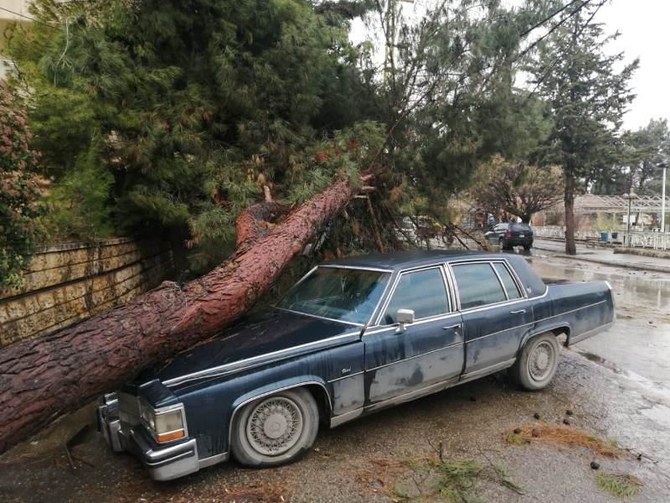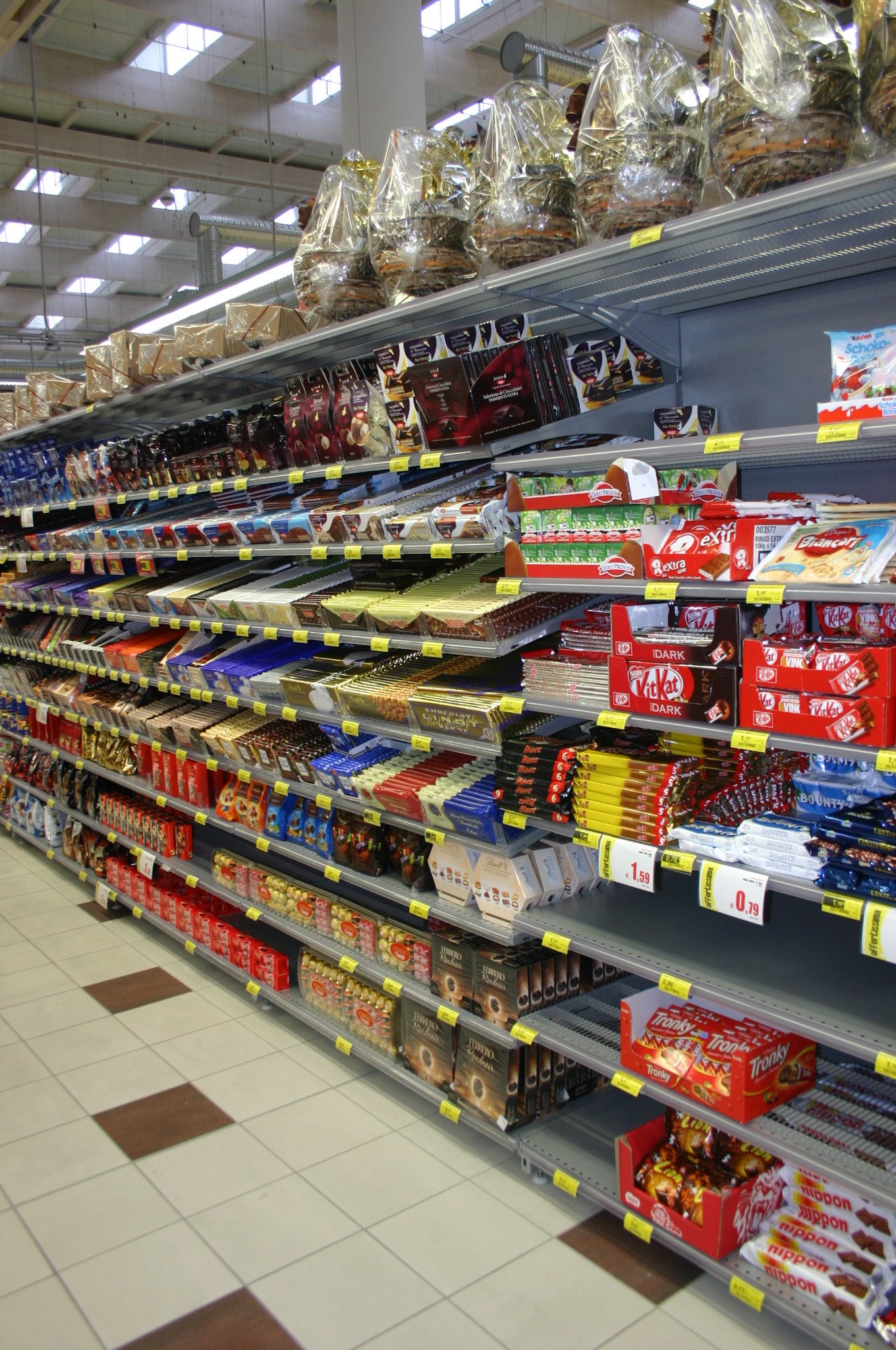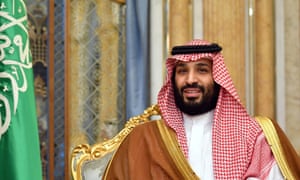
by NAJIA HOUSSARI — Arabnews — BEIRUT: Lebanese people experienced terror on Thursday night when a severe storm ravaged mountain and coastal regions, uprooted trees, caused floods and destroyed cars, refugee tents and public statues. Several flights were diverted to Larnaca and Antalya airports after strong winds made landings at Beirut Rafic Hariri International Airport impossible. The frightening weather conditions came on top of the novel coronavirus outbreak in the country.
Social media users described their experience as they stayed at home in line with the government’s directives aimed at limiting the spread of the virus. “Lebanon is flying” was the second most trending hashtag after “Stay home”. Users switched from mocking the situation to sensing its gravity. “Here comes nature’s wrath after the unemployment, dollar, Eurobonds, banks and imported coronavirus crises. The night of strong easterly winds uprooted trees, damaged buildings and affected people. Disasters, disasters and the greatest disaster of all is the dark horizons. May God protect what is left of Lebanon,” tweeted former minister, Akram Chehayeb. The number of confirmed coronavirus cases in the country has exceeded 80, and includes an employee of the Ministry of Health. “The infected employee works in the Ministry’s central administration. The virus was transmitted to her by one of her relatives,” the Ministry of Health announced, noting that “we are taking all the necessary measures to isolate her, identify those who were in contact with her inside and outside of the Ministry and make sure they self-quarantine at home.”



![Prime Minister Hassan Diab's announcement came as Lebanon registered its second death from coronavirus [File: Dalati/Nohra/Reuters]](https://www.aljazeera.com/mritems/imagecache/mbdxxlarge/mritems/Images/2020/3/7/ef7e15c59e7c4896b3b8220aaf965c43_18.jpg)





